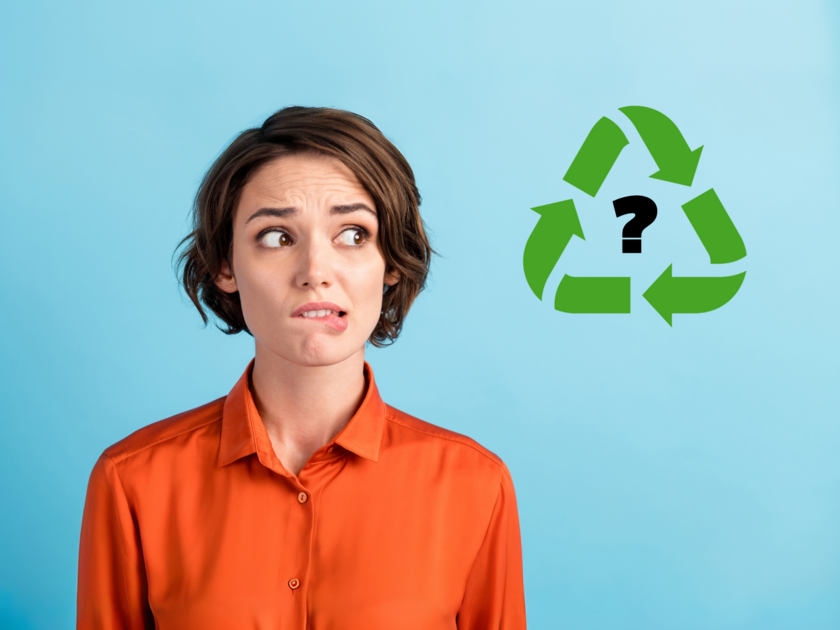Recycling has become an integral part of efforts to reduce waste and protect the environment. However, amidst the push for sustainability, several misconceptions about recycling persist. Let's debunk seven common myths and get you on the right track to becoming a recycling expert.
Myth #1: All plastic and paper products are recyclable
Not all plastics and papers are created equal. While you can recycle many containers like soda bottles and cardboard boxes, you should avoid recycling things like greasy pizza boxes, food-contaminated paper towels, straws, coffee cups and plastic bags.
Myth #2: The recycling arrows on a container mean it is recyclable
The presence of the recycling symbol, or chasing arrows, indicates the type of plastic used in the product, not whether it can be recycled in your area. Look for the number inside the arrows (usually 1-7) and see if it matches what your community accepts. For example, category 1 is the most common plastic and the easiest to recycle. When unsure, consult with your local waste management provider.
Myth #3: Items must be washed before recycling
A quick rinse to remove leftover food or drink residue is generally okay, but don't spend an eternity scrubbing items like bottles or cans. Most recycling facilities have advanced sorting and cleaning processes to handle residual food or liquid remnants. Focus on emptying containers and following your local guidelines on what level of cleanliness is expected.
Myth #4: Recycling is the same everywhere
Recycling programs vary depending on location. What one city accepts, another might not, even if the item says recyclable. Always check your local guidelines to ensure you're recycling correctly. These guidelines are usually on your waste management provider or community website.
Myth #5: Recycling consumes more energy than it saves
While recycling does require energy, it often consumes less energy than producing items from raw materials. For example, recycling aluminum cans saves up to 95% of the energy needed to produce aluminum from raw materials. For every can recycled, enough energy is saved to power a TV or computer for three hours.
Myth #6: Recycling facilities sort everything out, so it doesn't matter what I put in the bin
Recycling facilities have sophisticated sorting systems, but they're not infallible. Contamination, such as non-recyclable items, can disrupt the process and result in entire batches being rejected or sent to a landfill.
Myth #7: Recycling costs too much
While recycling can incur additional costs compared to landfilling, the environmental and economic benefits outweigh the financial burden. Recycling reduces the need for more landfills, conserves natural resources and creates jobs in the recycling industry. In fact, recycling and reuse activities in the U.S. account for over 680,000 jobs in a single year.
Armed with these recycling truths, you're ready to take action. Visit your waste management provider or community website for specific recycling guidelines. By making informed choices about what you recycle, you can significantly reduce waste and contribute to a greener planet.

